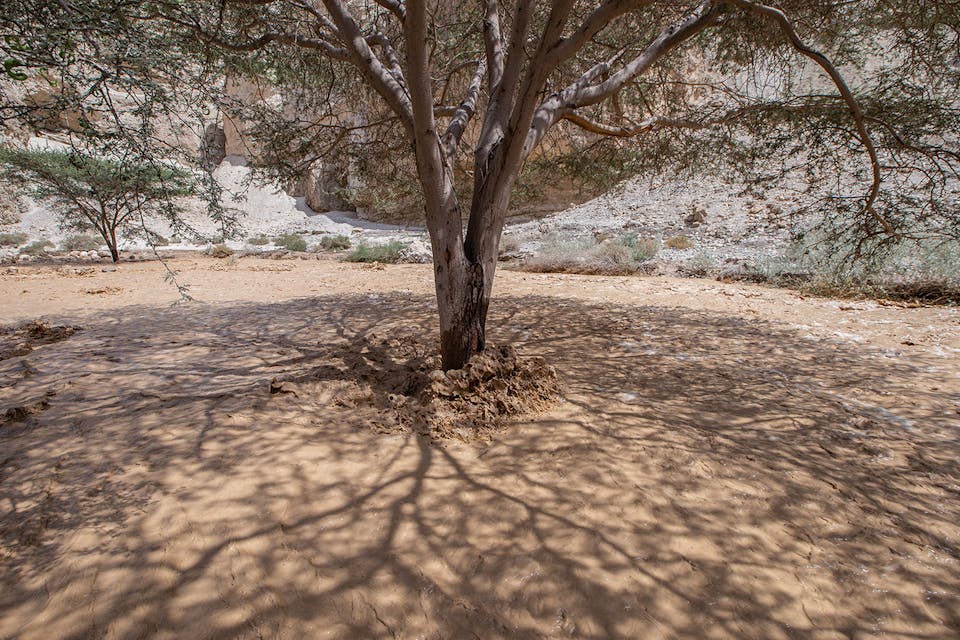
September 28, 2018
Why Judaism Takes Rain Very Seriously
The land given to the Israelites provided ample space for crops and livestock, but there was a catch: the water doesn't come for free.
Judaism takes rain very seriously. One could go so far as to say that rain is the determining factor in Jews’ relationship both with the Land of Israel and with the Lord Himself.
As Moses himself informs the Israelites, unlike the decadent fleshpots of Egypt, its fertile flatlands lushly irrigated by the Nile, the land given by God is hilly and without great rivers to provide it with water. Once there, says Moses, “by the rains of the heavens you’ll drink water” (Deuteronomy 11: 10-13). A land like this provides ample space for growing crops and grazing livestock, and unlike Egypt it doesn’t require the extensive labor of building an irrigation system. But there is a catch. The water doesn’t come free. You have to pray for it.
How do you do that? About this question, it seems to me, there are two conflicting strains in Jewish thought. The formal, annual prayer for rain—which is recited this coming Monday on the festival of Shmini Atseret, inaugurating six months in which the daily prayers remind the Lord to bring rains—reflects the tension between the two. Before turning to this prayer, we should pause to consider the talmudic anecdote that most clearly illustrates the tension.